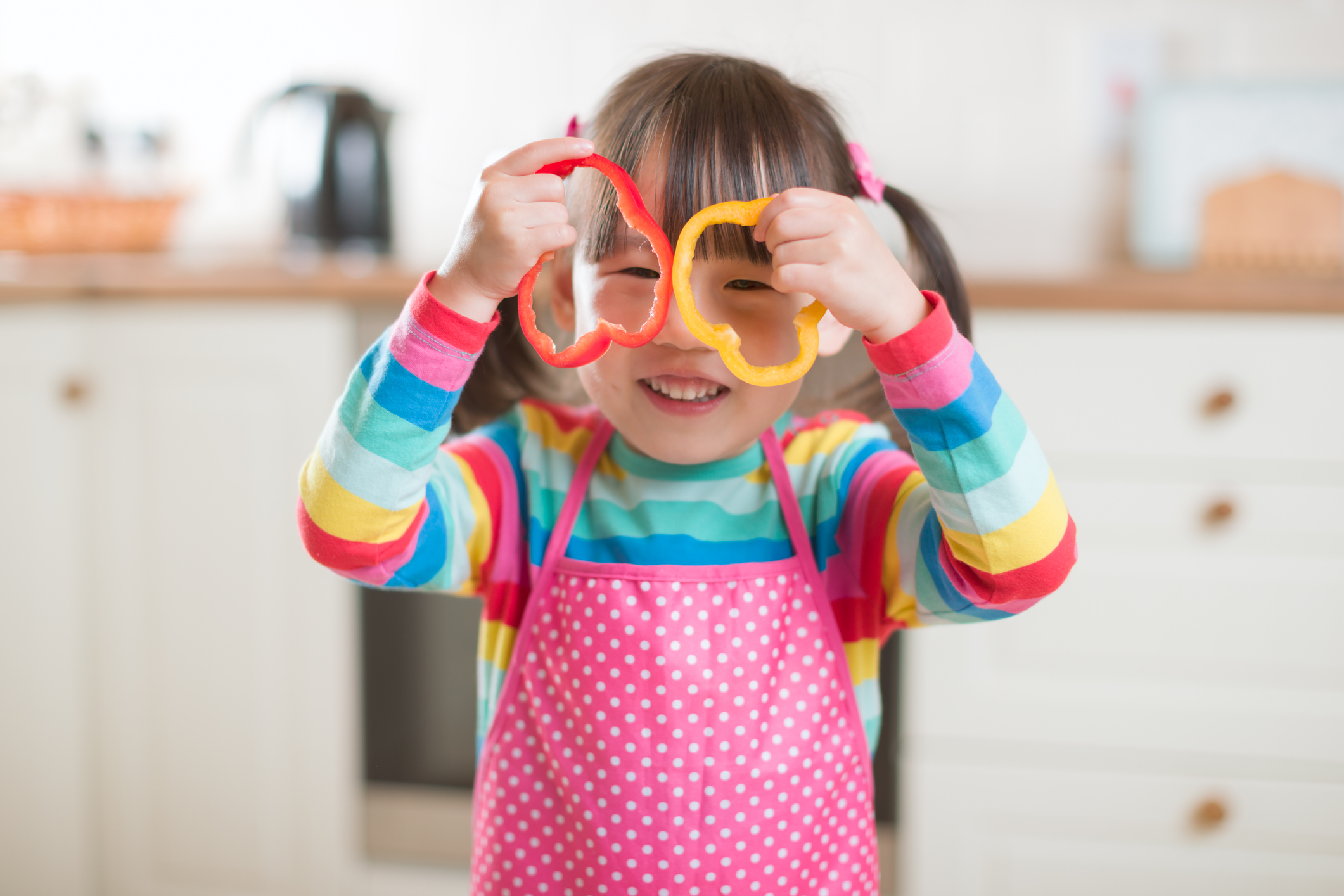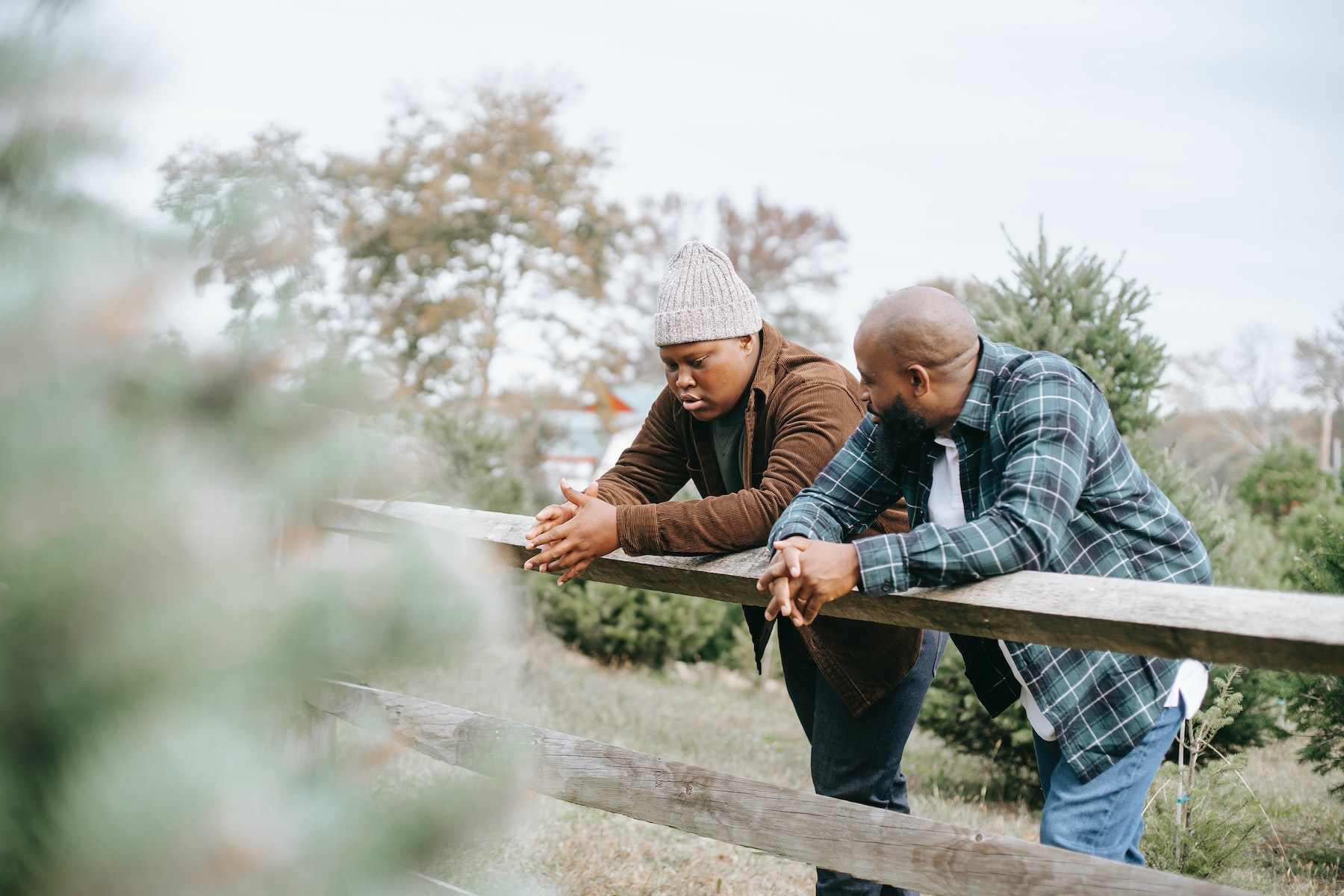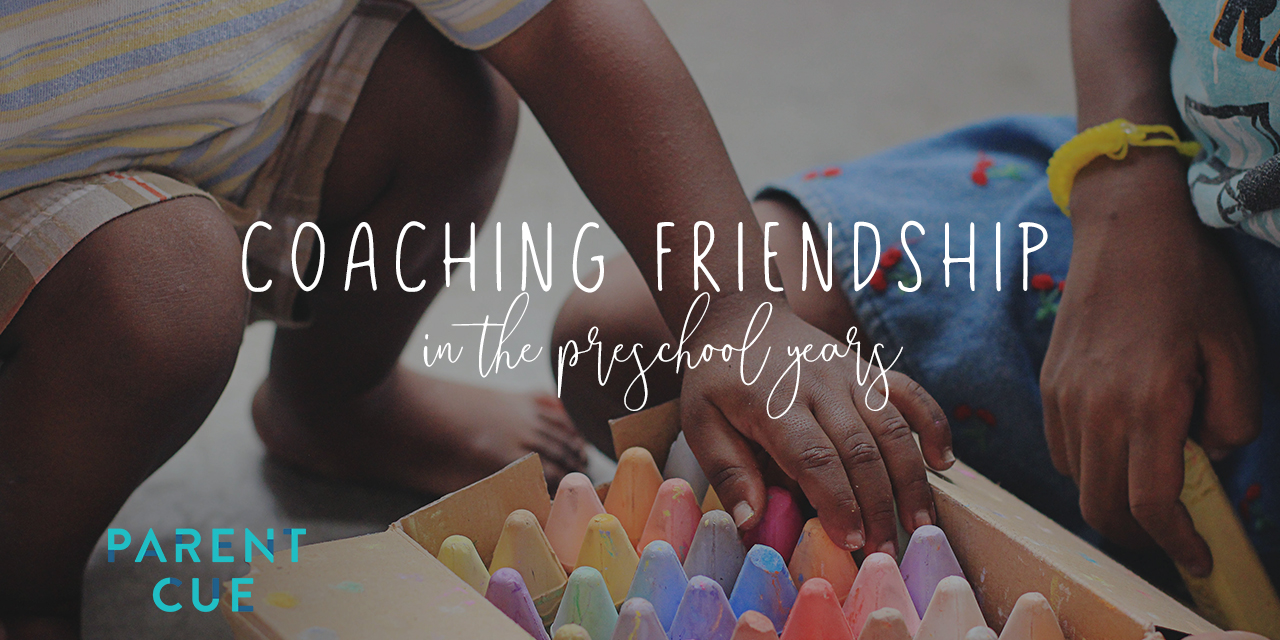
Ninety percent of parenting is mental, the other half is physical.
In other words, it takes all of you and a little more.
Parenting is no joke and lends itself to forming humans who can eventually wake up on their own, bathe themselves, sort out tasks for the day, and speak without grunts, groans, or whining. At least, that’s the hope. Right?
When parents come to me, it’s usually not because everything is perfect in their world. (I’ve never met one of those parents.) It’s usually because something isn’t going well and they’ve run out of ideas and electronics to ban.
It can be hard for parents to see how their child’s current crisis can become a positive thing. I don’t like suggesting that pain or failure is good (in the moment), but it’s usually where the conversation leads. I want parents to be able to see how these failures work well for kids.
I want to suggest that this failure, this struggle, this really hard to bear moment is a gift. It’s the chance for you to teach your child truth. It’s difficult when a parent’s heart is hurting to encourage them to say this out loud and believe it every time their child experiences failure.
“Pass or fail, this struggle can be good for you as you’re becoming the adult I’m preparing you to be.”
It’s awkward giving this advice to parents, especially parents of middle schoolers. It’s awkward because it seems ludicrous. These kids have a lot going on in the phase of life they’re currently in. This phase alone is enough to keep a parent (and their entire support system) entirely occupied.
So why would we humbly ask a parent for some space on their last nerve to imagine the end?
Because I’ve learned through experience and research that what an adult believes about his or herself controls their biological makeup, that biology controls behaviors and behaviors determine successes in life. Belief is a huge. Parenting involves helping kids grow into adults with healthy beliefs about themselves, developing confidence.
If you can imagine confidence being a part of a kid’s belief system, then you can also imagine kids needing exercises in confidence to help build their belief system.
Beliefs are formed over time.
Here are some ways you can help coach kids through failures onto a path of confident independence:
- Imagine what will help your child most as an adult (not what would help them most in the moment). Think about the consequences of a possible fail (not turning in homework without being reminded, etc.), and ask, would this be a safe place to teach a valuable lesson about responsibility AND also teach how recovery is possible?
- Use failures as opportunities to encourage your kids in a way that affirms it’s okay to not have it together. Remind them there is still more to learn about themselves. Create a safe environment to discover who they are by celebrating how they grow and change in the face of adversity.
- Echo that how they feel matters AND their feelings don’t have to change what they believe about themselves. Normalize their failures and the emotions that come with them by identifying with their loss. Then move into a conversation about what they know to be true about themselves, their families, and what they hope to become. Give them permission to sort out the failure with hopeful glasses on.
- Help them make sense of their failures instead of trying to eliminate them. If your child isn’t failing at anything, you may want to ask yourself what’s missing from their lives that could hold them back.? In other words, what areas do they need to grow? Where do they need a challenge and potential place to exercise their beliefs in a tough spot?
Failure has a powerful effect when introducing your child to the truth about themselves. They can grow to believe that they are confident, able, faithful, patient, and okay—even when things aren’t okay at all. Your primary job is to prepare your loves—your kids—to live independently, to be okay without you, be able to be positive in the face of adversity.
There’s nothing more important in a kid’s life than what they believe to be true. Those beliefs will guide them into adulthood and for the rest of their lives. If we don’t give them a chance to exercise the beliefs that they are loved, forgiven, strong, and resilient, they will struggle to find the ability to believe it when they’re adults.
We don’t have to look very hard for places where our kids will fail. They will fail (and we will too). We may have to be a little more intentional when looking for ways to use failure as the best place to teach them about who they are.
Imagine how your kids will react to failure when they are 18, 20, 35. What do you hope they will believe to be true in those moments? That imagination will cue you as a parent to lean in a little closer to the fail when it shows up at your front door. Give your kids a safe place, while they are with you, to help them navigate through it.




